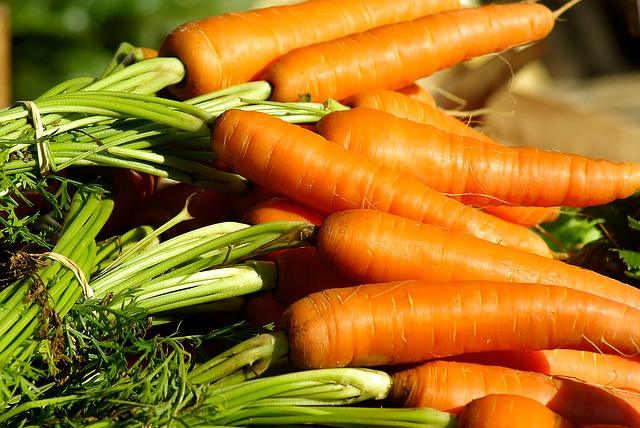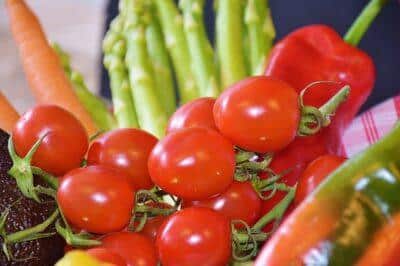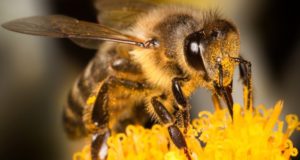We live in troubled economic times. A raging debt, stagnant wages, severe unemployment and underemployment, and an unsteady housing market are all signs that the economy could collapse.
Many off-gridders and homesteaders are preparing and stockpiling for an unknown future, but one often-overlooked area is examining what grows in the garden. If society collapses, it may be necessary to change what we plant.
When considering the right vegetables to grow when planning for an economic or societal collapse, there are many factors to consider.
Long-Term Storage
An economic or societal collapse may disrupt the electric grid, or at the very least make power unaffordable. With the exception of those living completely off the grid with no need for fuel, many homesteads will have to turn to traditional storage methods for preserving vegetables. Therefore, vegetables that can be stored long-term in a cellar or cold room should be part of the garden. Even in the hotter climates in the United States, cellars can be dug underground.
Need Non-GMO Seeds? Get The Best Deals Here!
Good choices for long-term storage are potatoes, onions, carrots and similar root vegetables, as well as dry beans, dry corn and winter squash.
Appropriate to Your Climate
Americans love to grow a wonderful array of vegetables that are not native to their particular climates. For example, tomatoes are the favorite vegetable to grow, even though they are perennials native to the tropics. We start them in early spring and grow them as annuals. We also do this with peppers and eggplant.
However, if no electricity is available, grow lights are out of the question, and many households in the north may not have enough sunlight or heat to start the plants.
So for those Americans in cold climates with short summers, opt for vegetables that thrive in those conditions. Potatoes, Cole crops, root vegetables and peas are good choices. Those in the south with long growing seasons have more choices.
Spring and Fall Crops
In most areas of the country, vegetables can be grown to maturity in the spring, summer and fall. Without refrigeration, a variety of fresh vegetables throughout as much of the year as possible is desirable. So in a typical American garden, you can get lettuce and peas in the spring, summer vegetables in the summer, and Cole crops in the fall.
Perennial Vegetables
Starting a garden is hard work — especially getting the soil right. With perennials, you can do all the hard prep work one time and then let the perennials like asparagus and artichokes reward you, year after year.
Barter
With economic or societal collapse, Americans would likely turn to the old way of buying and selling items — bartering. So look around you and your community and see if there are vegetables you could grow to barter. For example, if your neighbors raise rabbits and feed them pellets from the feed store, they would likely be happy to trade for fresh food when the economy forces feed stores to close. Or perhaps your neighbors have a few pigs, and would appreciate root vegetables to supplement their feed.
Many neighbors likely will be desperate for fresh food when the grocery stores close and the power goes out. Long-term vegetables, discussed above, would be a good idea because you could trade them through the fall and winter.
Fruits and Nuts
Many homesteaders focus on annual vegetables because they mature quickly within a few months. However, if you have the space, soil, sunlight and water, consider longer-term investments like fruit vines, fruit trees and nut trees. Once established, these can provide a bounty of fresh fruits during the summer and fall, as well as preserves throughout the year.
Conclusion
Whatever vegetables you decide to grow, learn how to do it now. It will take a few years of practice to find reliable cultivars for your area, and learn the skills of seed saving and long-term storage.
What advice would you add? What vegetables would you recommend growing? Share your tips in the section below:
Every Year, Gardeners Make This Dumb Mistake — But You Don’t Have To. Read More Here.
 Off The Grid News Better Ideas For Off The Grid Living
Off The Grid News Better Ideas For Off The Grid Living





